-
Friday, 24 February
-
Welcome address & Panel discussion
Speakers: Misha Glenny (UK), Senad Pećanin (BA) and Milena Iakimova (BG)
Moderator: Daniel Smilov (BG)Toplocentrala | Hall 1
MoreWhile Russia is waging a fully-fledged war in Ukraine, the hybrid struggle for influence is conducted with other weapons elsewhere in Europe. Bulgaria has for a long time been the target of the Kremlin’s disinformation and propaganda and it is far from clear that the sympathies of the population lie with Brussels – or Kyiv – rather than Moscow. In the Balkans, perpetually postponed European perspectives make societies susceptible to influence not only from Russia, but Turkey and China as well. How is this battle for influence fought? With what means? And is the EU really winning?
-
-
Saturday, 25 February
-
A panel discussion in two parts
Moderator: Carl Henrik Fredriksson (SE/AT)
Southeast Europe and the UK | Speakers: Veronica Anghel (RO) and Tim Judah (UK)
Bulgaria and Germany | Speakers: Ognyan Georgiev (BG) and Kristof Bender (AT)Toplocentrala | Hall 1
MoreWith a rapidly declining population Bulgaria is exemplary of the feeling of existential threat that characterizes many countries in Central and South-Eastern Europe. Here emigration is a much more acute problem than immigration. But what structures are hidden behind the numbers? How does migration change both sending and receiving countries? And is the import of well-educated doctors as well as low-skilled care workers really the solution for ageing societies in the west?
-
A good-humoured talk on demography and literature
Featuring Ivan Krastev (BG) and Alek Popov (BG)
Moderator: Bilyana Kourtasheva (BG)Toplocentrala | Hall 1
MorePolitical scientist Ivan Krastev was one of the first to point to demography as a major driving force in contemporary European politics, from re-nationalization to failing support for democratic reform. In Alek Popov’s novel Mission: Turan, the demographic angst is treated with an ironic twist as an expedition sets out to Central Asia to find alleged proto-Bulgarians, who can be recruited to compensate for the dwindling population back home. Absurd? Perhaps. But where exactly goes the line between literary satire and political reality? Two of Bulgaria’s brightest minds and wittiest intellectuals discuss an issue at the centre of the life stories of many Europeans.
-
-
Sunday, 26 February
-
Panel discussion
Speakers: Dubravka Stojanović (RS), Iryna Vidanava (BY), Vessela Tcherneva (BG) and Stanislav Secrieru (MD)
Moderator: Michael Martens (DE)Toplocentrala | Hall 1
MoreJust as the EU seemed to lose momentum, Russia’s war against Ukraine forced the member states to rally around the idea of Europe as a value-based, economic and political community. It remains to be seen how long this will last, but it has become clear that the EU can be an object of desire and identification – at least to those outside. Recently, Ukraine and Moldova were granted EU candidate status. Others, not least in the western Balkans, have been waiting in line for a long time. Does the EU still represent the hope of a better future? Can – or must – the political project Europe be renewed from the periphery? What role can and should Bulgaria play in such an overhaul – both inside and outside the EU?
-
Drawing conclusions and presenting new perspectives
Speakers: Kateryna Mishchenko (UA) and Georgi Gospodinov (BG)
Moderator: Dimiter Kenarov (BG)Toplocentrala | Hall 1
More
-
Sofia 2023
24-26 February | Bulgaria
We would like to extend a heartfelt thank you
to all participants and partners for the fascinating and informative discussions in Sofia.
Selected recordings of the debate are now available on our YouTube channel.
Make sure to subscribe to our newsletter to get timely information about future Debates on Europe activities.
After an involuntary break, we are happy to announce the programme of the first full-scale Debate on Europe since the event in Belfast just before the pandemic. In February we will be visiting one of the hotspots of crisis-ridden Europe.
For anyone interested in understanding the challenges facing European societies, the Bulgarian capital of Sofia is right now one of the most interesting places to go. Here many of the current conflicts become clearly visible.
More than fifteen years after Bulgaria joined the European Union, Russian influence is still strong, making the country’s stance on the war in Ukraine and its consequences – energy policy and economic sanctions, for example – remain in the balance. Furthermore, with a population meanwhile below seven million, Bulgaria epitomizes the deep demographic crisis marking many European countries. And Bulgaria is also a key country in a region that could play a pivotal role in the renewal – from the periphery – of the European political project.
All this and much more is on the agenda at the Sofia Debate on Europe.
Events are in English and Bulgarian with simultaneous translation. Admission is free but we recommend reserving tickets in advance.
Finding a Language to Address the Crisis
The Sofia Debate on Europe, 24–26 February 2023
The Sofia Debate on Europe opens on a portentous date in recent European history, exactly one year after Russia launched its full-scale invasion of Ukraine. But it is also nine years since the Revolution of Dignity culminated on the Kyiv Maidan and not-so-mysterious “little green men” started to appear on the Crimean peninsula, marking the real start of the Russo-Ukrainian war.
Finding a Language to Address the Crisis
The Sofia Debate on Europe, 24–26 February 2023
The Sofia Debate on Europe opens on a portentous date in recent European history, exactly one year after Russia launched its full-scale invasion of Ukraine. But it is also nine years since the Revolution of Dignity culminated on the Kyiv Maidan and not-so-mysterious “little green men” started to appear on the Crimean peninsula, marking the real start of the Russo-Ukrainian war.
If Europe needed a reminder of how critical the current geopolitical constellation actually is, it certainly got one when Moldovan prime minister Natalia Gavrilita on 10 February announced that she will step down, throwing the EU candidate country into a political crisis. What triggered Gavrilita’s resignation was news about an intercepted Russian plan to topple the pro-Western government. Since then, a new EU-friendly government has been put in place in Chisinau, but pro-Russian protests grow stronger by the day.
More than anything else, this was a reminder that while things might not have gone according to plan for the Russians on the battlefield in Ukraine, Russia’s hybrid warfare is making progress elsewhere in Europe.
Just a few weeks before the events in Moldova, the investigative journalist Christo Grozev had addressed the parliament in Sofia, claiming that Russia had plans for a similar coup in Bulgaria in 2016. The scheme, allegedly orchestrated by the Russian military intelligence agency GRU, were stopped in time, but Bulgaria’s volatile position – inside the European Union, but heavily exposed to Russian influence – remains conspicuous. Even more so after 24 February 2022, when Russia obliterated what still remained of the post-Cold War European order.
One of the principles guiding our work with Debates on Europe has been to focus on places where the idea of Europe isn’t taken for granted, places where something is at stake. This was the case already when the first event was held in Budapest in 2012. And it was the case at the Debates in Kharkiv and Saint Petersburg, both taking place after the illegal Russian annexation of Crimea and the occupation of parts of eastern Ukraine, or in Belfast just before Brexit. However, never before in the history of this series have the stakes been as high as they are now, when we gather in Sofia.
Few places could provide a better setting for trying to understand the challenges facing European societies today than the Bulgarian capital of Sofia. Here many of the current conflicts become clearly visible. In April, the country will hold its fifth parliamentary election in just two years, and the ability of any of the participating parties to form a stable government can’t be taken for granted.
As one of Bulgaria’s finest writers, Georgi Gospodinov, has noted, a polarized society like the Bulgarian is characterized by an almost total breakdown of communication. The language for a common conversation about past, present and future is simply missing. Bulgaria is certainly not alone in this predicament.
The Sofia Debate on Europe aims to open up a space for exchange in which the language Gospodinov so painfully pines for can be formed – the means to grasp a cruel, conflictual reality, to formulate solutions and, indeed, negotiate the future, not only politically, but socially and culturally as well.
Such a conversation, such a debate on Europe may, however, never pretend that everything can be discussed from a neutral point of view or that all opinions are equally acceptable.
In September 1939, at a time when Europe’s darkest totalitarian forces seemed to be marching towards victory, Thomas Mann was sitting in Stockholm, writing on a speech to be held at the upcoming International PEN Congress. The title of his speech was Das Problem der Freiheit – “The Problem of Freedom”. We must dare to use those grand words again, Mann wrote. Words like ‘freedom’, ‘truth’ or ‘justice’. And we must relearn to use them without the sceptical distance or even irony with which they have been impregnated for decades. If we don’t, then we leave the field open for exactly those forces that show nothing but contempt for international law, spread lies about both past and present, and threaten to destroy freedom altogether.
Thomas Mann could never deliver his speech. The PEN Congress in Stockholm was cancelled after Hitler had invaded Poland. But the text was promptly published by Bermann-Fischer Verlag, at the time in exile in Sweden.
If there is something to be learned from Thomas Mann’s reaction to the dire situation he found himself and the world in, it is surely not as simple as to wallow in puffed up pathos. No, the lesson is about insisting on the real values embedded in words and to try to find a proper language with which to address the crisis.
The Sofia Debate on Europe provides an opportunity to do exactly that. And there is a lot at stake.
Antje Contius, Director of the S. Fischer Foundation
Carl Henrik Fredriksson, Programme Director of Debates on Europe
Dessy Gavrilova, Chairwoman of the European Network of Houses for Debate “Time to Talk”
Ernst Osterkamp, President of the German Academy for Language and Literature
Programme
Participants
-
Carl Henrik Fredriksson

Carl Henrik Fredriksson is a Swedish editor, essayist and translator living in Vienna. He is the Programme Director of Debates on Europe and co-founder of Eurozine, whose editor-in-chief and president he was until 2015. Fredriksson was also the editor-in-chief of Sweden’s oldest cultural journal Ord&Bild.
-
Dessy Gavrilova
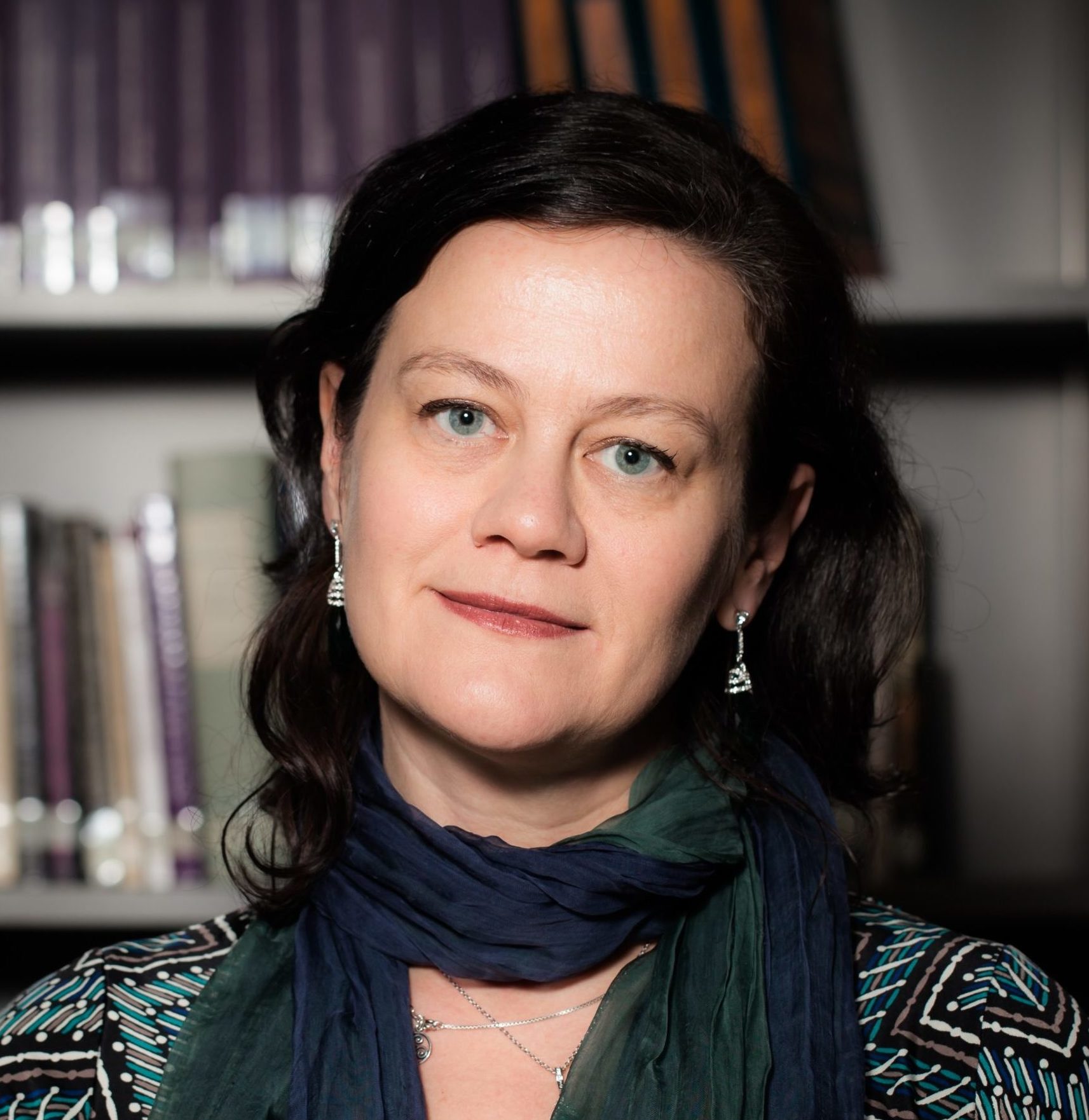
Dessy Gavrilova is a Vienna-based Bulgarian cultural entrepreneur, curator, cultural consultant and playwright. She is the founder of Time to Talk, a European network of debate houses, which operates in over 20 countries. Previously, she co-founded and headed Red House Center in Sofia. In 2016, Gavrilova initiated and co-founded the Humanities Festival, an annual event that has already become a staple of Vienna’s cultural life. Most recently, she founded Knigovishte, a start-up in support of children‘s reading and their media literacy. Gavrilova has advised numerous international and national institutions, including the European Commission, the Council of Europe, and the Open Society Foundation. In 2011, she was included in Bulgaria’s list of its 100 most influential women.
-
Ivan Krastev
Nadezhda Chipeva
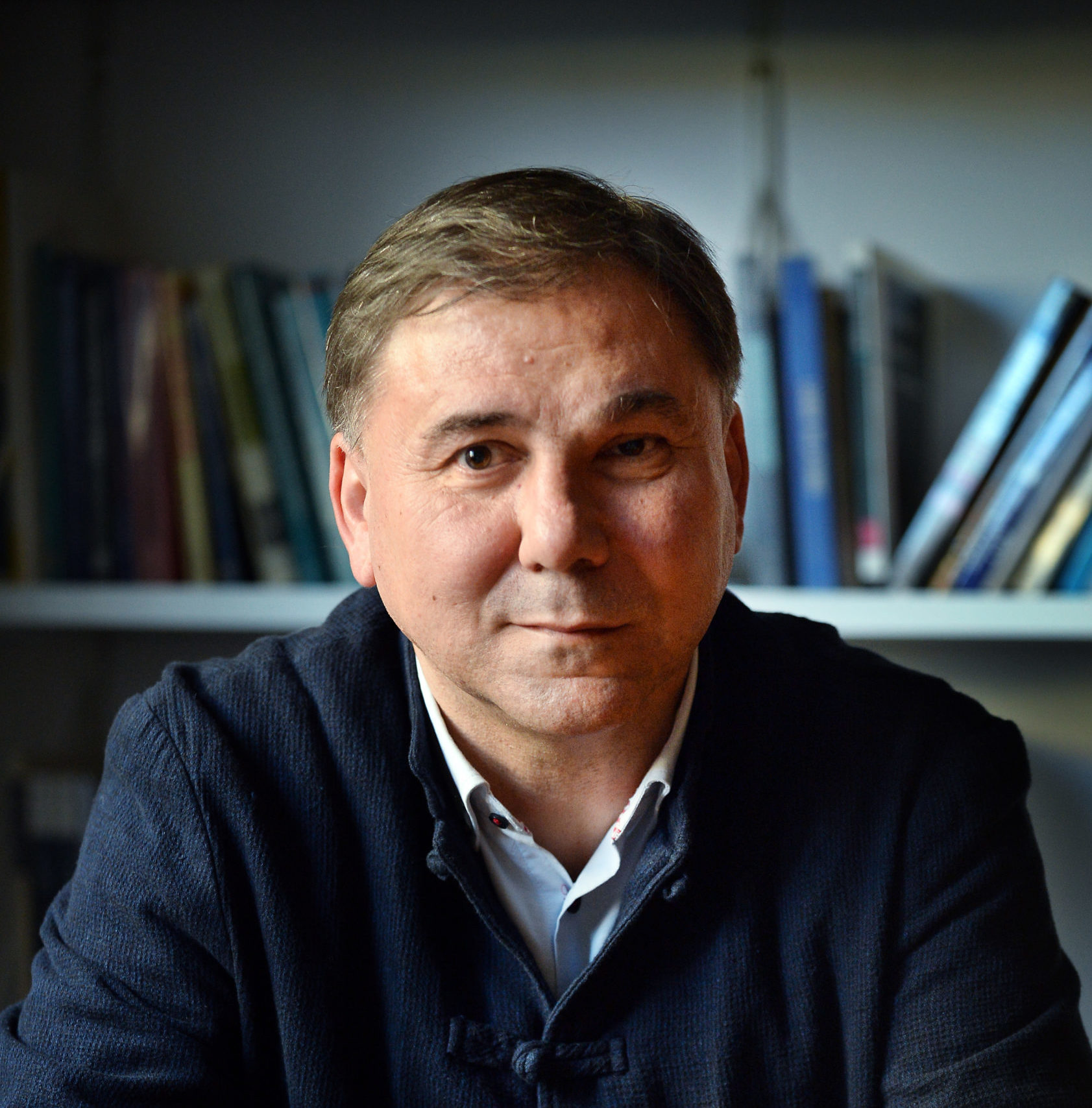
Ivan Krastev is the chairman of the Centre for Liberal Strategies and permanent fellow at the Institute for Human Sciences, IWM Vienna. He is a founding board member of the European Council on Foreign Relations, a member of the Board of Trustees of The International Crisis Group and member of the Board of Directors of GLOBSEC. He was a contributing opinion writer for the New York Times (2015-2021) and currently is a Financial Times contributing editor. Krastev is the author of several publications, including Is it Tomorrow, Yet? How the Pandemic Changes Europe (2020) and The Light that Failed: A Reckoning (2019), co-authored with Stephen Holmes, which won the Lionel Gelber Prize. Krastev is the winner of the Jean Améry Prize for European Essay Writing 2020.
-
Alek Popov
Daniel Nenchev
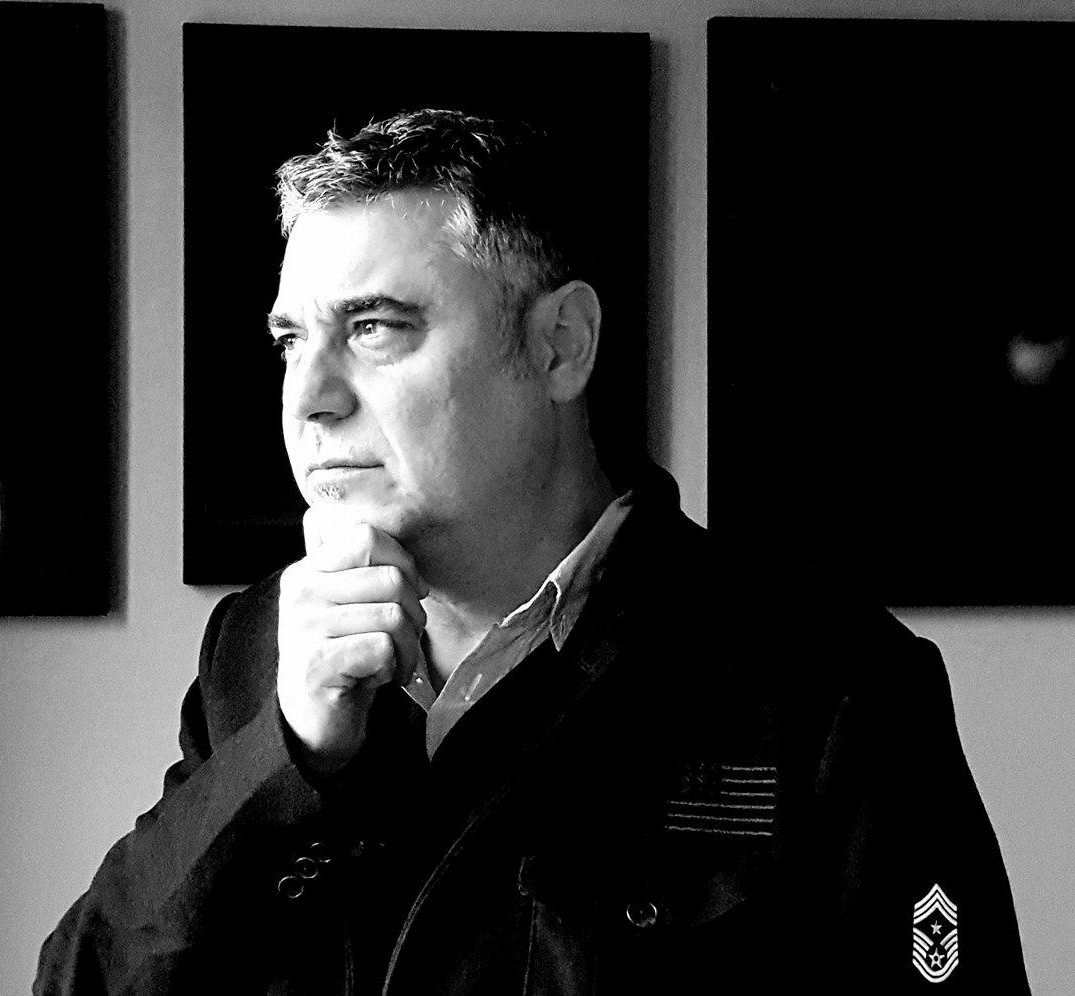
Alek Popov is a Bulgarian writer, best known for his sophisticated irony and satirical depiction of political realities, as well as for ridiculing historical myths and stereotypes. He is also the author of several scripts and plays produced nationally and internationally. Mission: Turan is his latest novel: Following the steps of his character, the writer ventures into South Siberia in the disguise of an anthropologist. His novels and other writings have been translated into numerous languages. For his work he has received many accolades, including the Elias Cantetti Award (2007). Popov was also a writer-in-residence with the Institute of Advanced Studies at CEU in Budapest. He is a corresponding member of the Bulgarian Academy of Sciences’ Arts department. He lives in Sofia.
-
Stanislav Secrieru
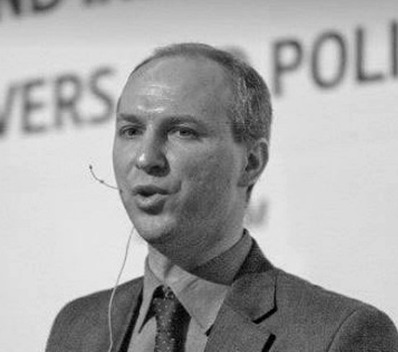
Stanislav Secrieru joined the European Institute for Security Studies (EUISS) as a Senior Analyst in September 2018, where he covers Russia and the EU’s eastern neighbourhood. His research interests focus on EU-Russia relations, Russia’s foreign and security policy in the post-Soviet region, protracted conflicts and the EU’s relations with the Eastern Partnership (EaP) states. Before joining the EUISS, Secrieru was a Senior Research Fellow at the Polish Institute of International Affairs (2014-2016) and a Policy Analyst at the Open Society European Policy Institute in Brussels (2016-2017).
-
Georgi Gospodinov
Phelia Baruh
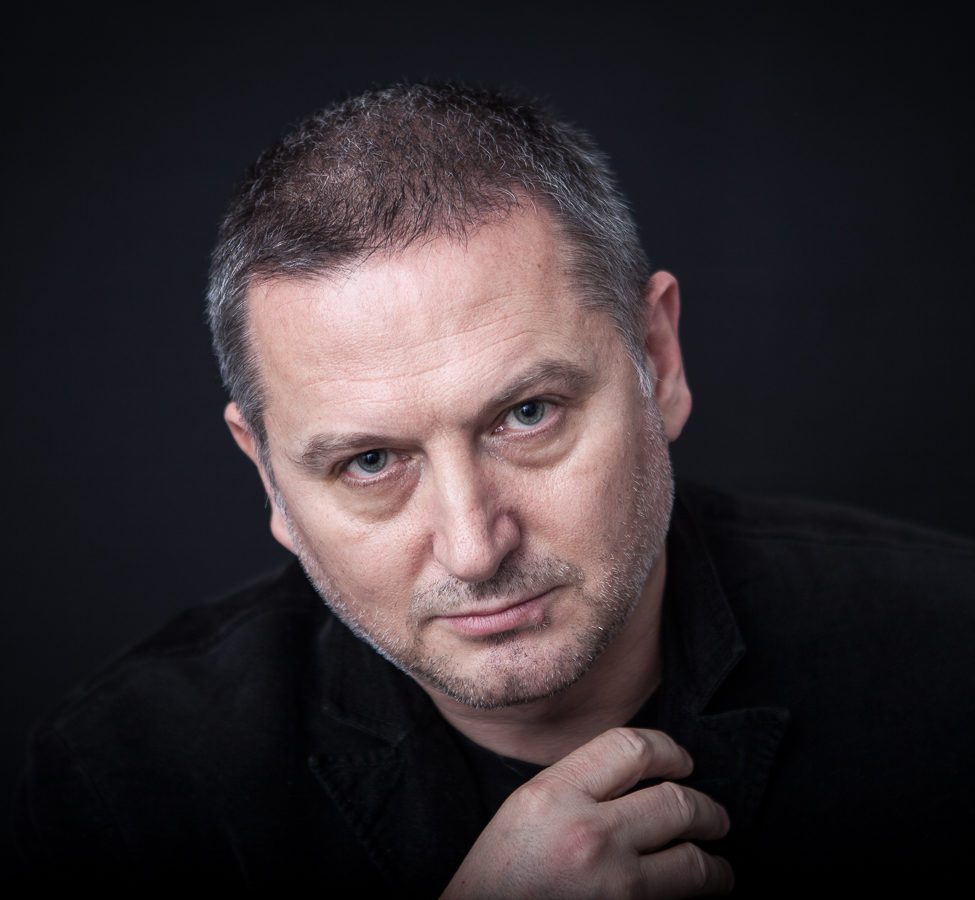
Georgi Gospodinov, is a leading Bulgarian writer, and the author of Natural Novel and The Physics of Sorrow among many other books. He is the recipient of the Central European Angelus Award (2019), the Jan Michalski Prize (2016) and many other accolades. Recently, Gospodinov was awarded the Usedom Prize (Germany, 2021) for his contribution to European literature by a jury presided by Olga Tokarczuk. His latest novel, Time Shelter, was published in the spring of 2020 and has been translated into more than 20 languages. In 2021, Time Shelter won the prestigious Italian Premio Strega Europeo Award.
-
Iryna Vidanava
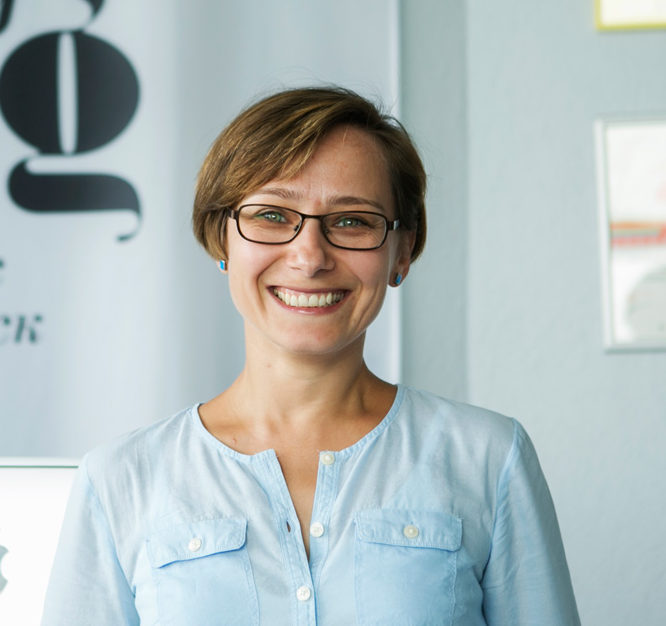
Iryna Vidanava is the co-founder and CEO of CityDog.io (former CityDog.by), a leading independent online media about Minsk, Belarus and Belarusians everywhere. She is an internationally acclaimed digital media expert, researcher and consultant. Iryna is an author of numerous publications on media, civil society and public policy in Belarus. She is a Board member of Belarusian Association of Journalists and the World Association of Belarusians “Batskaushczyna”. In 2014 Iryna Vidanava was recognized as one of the Top 100 innovators in Central and Eastern Europe (NewEurope100.org).
-
Milena Iakimova
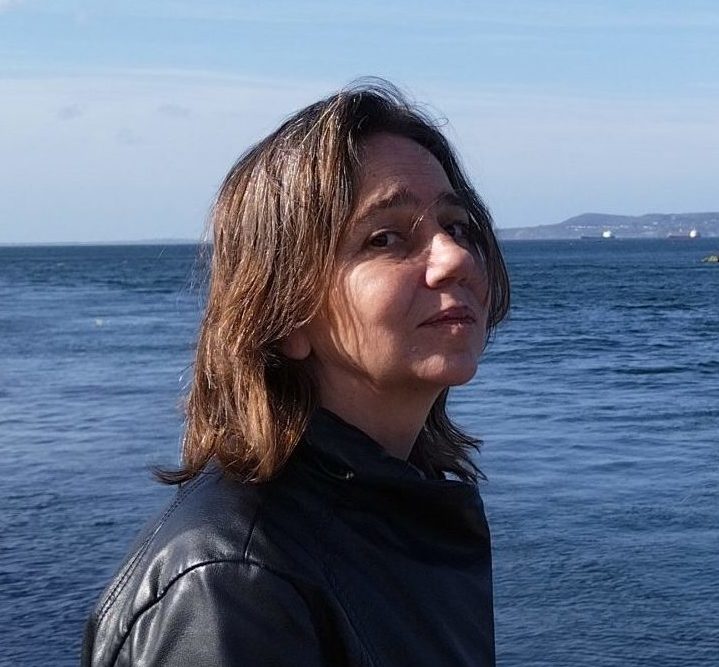
Milena Iakimova is Associate Professor at the Department of Sociology, Sofia University St Kliment Ohridski, and a member of Human and Social Studies Foundation in Sofia. She is the author of the monographs Sofia of the Common People (With a Tarikat Slang-Bulgarian Dictionary) (2010), How a Social Problem Arises (2016), and Fear and Propaganda (2022). Fields of interest: critical social theory, collective identities and collective mobilisations, propaganda studies.
-
Daniel Smilov
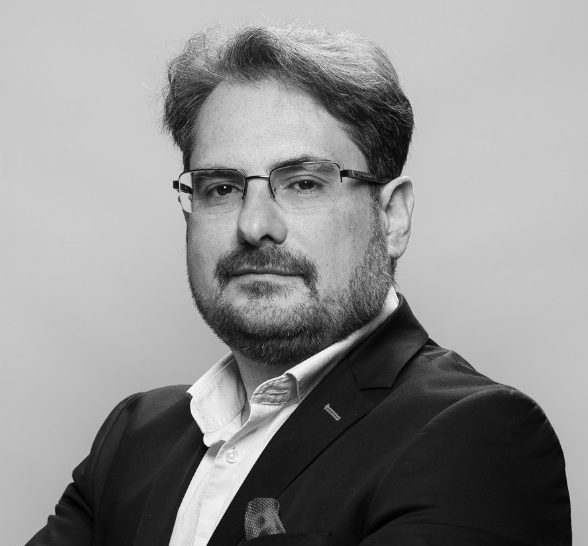
Daniel Smilov is a comparative constitutional lawyer and political scientist. He is associate professor of Political Theory at the Political Science Department, University of Sofia, Bulgaria. Smilov is also programme director at the Centre for Liberal Strategies, Sofia, and recurrent Visiting Professor of Comparative Constitutional Law at the Central European University, Budapest/Vienna.
-
Dimiter Kenarov

Dimiter Kenarov is a freelance journalist, poet, and translator. His English-language writing has appeared in The New Yorker, Esquire, The Nation, The Atlantic, Foreign Policy, and The New York Times, among many others, and has been anthologized three times in The Best American Travel Writing. He currently teaches at the American University in Bulgaria.
-
Ognyan Georgiev
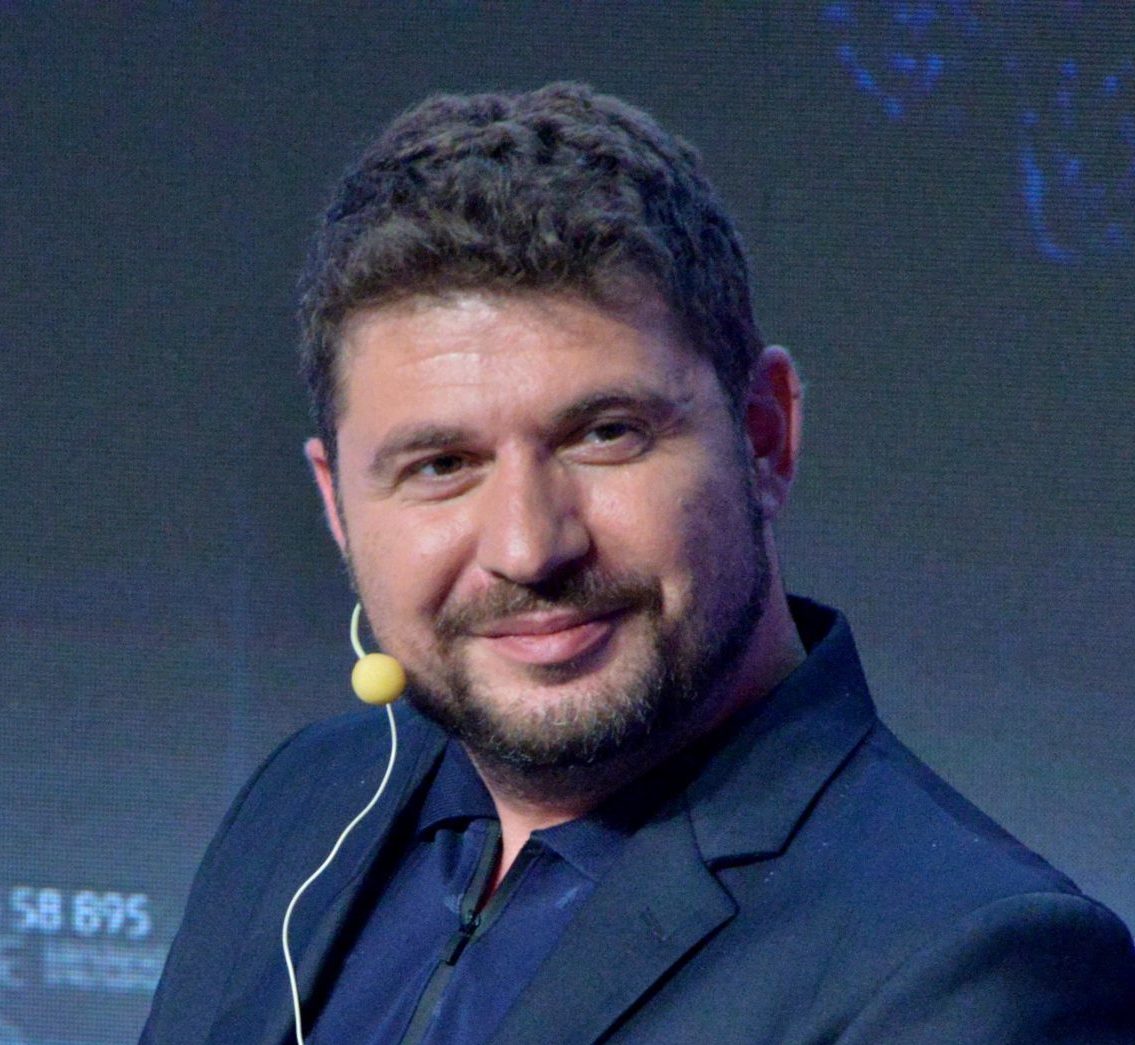
Ognyan Georgiev is a long-time reporter and editor of the leading Bulgarian business publication Capital. Currently he is heading Kapital Insights, an English language service and the brand new Plovdiv office, a regional division of Capital in Bulgaria’s second biggest city. Georgiev is a Robert Bosch Stiftung and Fulbright alumni, and spent a year in MIT, researching urban migration. He is the author of “The Grand Return: COVID-19 and Reverse Migration to Bulgaria”, a report produced in partnership with the European Council of Foreign Relations, as well as the follow-up report on the same topic for Bulgaria and Romania, produced in cooperation with the Joint Research Center of the European Commission.
-
Senad Pećanin
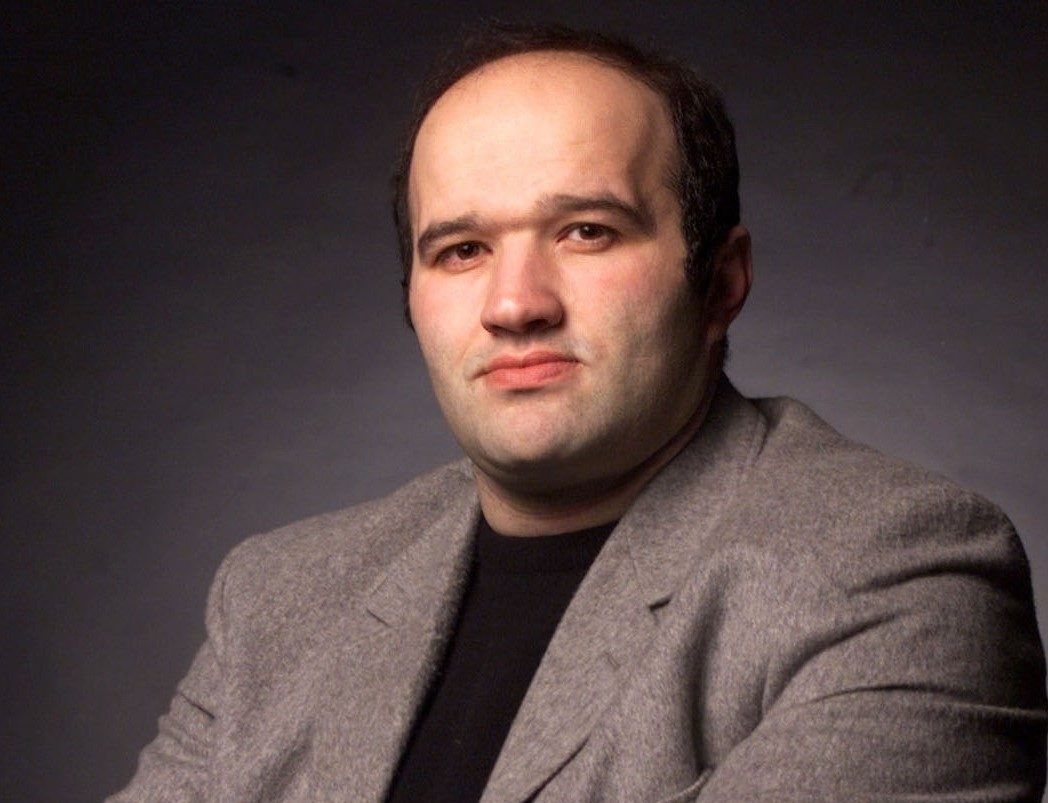
Senad Pećanin is an attorney, journalist and editor based in Sarajevo. He is one of the founders of the Helsinki Committee for Human Rights in Bosnia and Herzegovina, and does research in the field of Human Rights and democratisation in Southeast Europe. In 1992, during the siege of Sarajevo, he founded the independent weekly magazine Dani.
-
Tim Judah
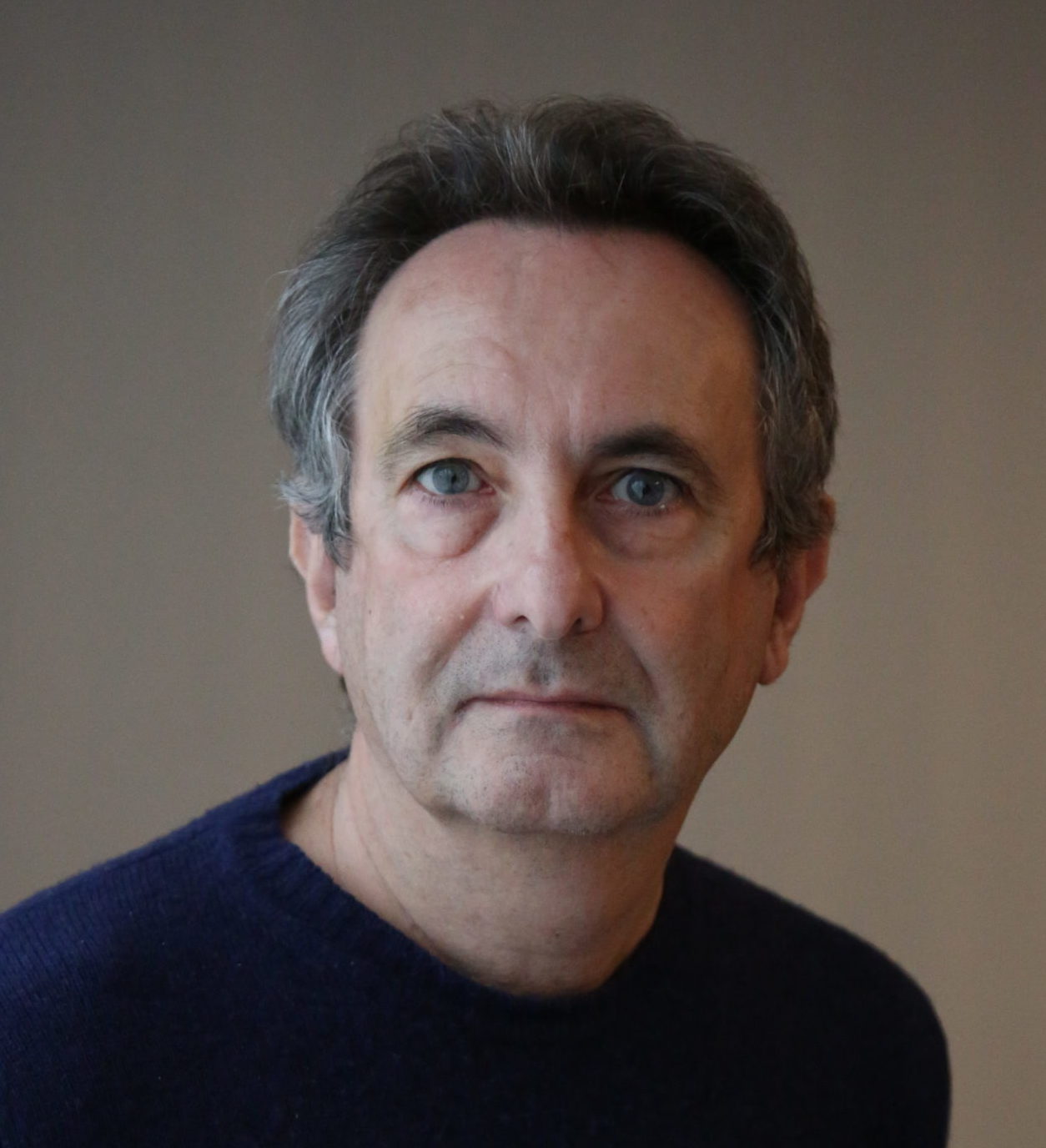
Tim Judah is a British journalist and author. He is a correspondent for The Economist and the New York Review of Books and has spent much of the last year in Ukraine for them. Since 2018, as a fellow of the Europe’s Futures programme of the Institute of Human Sciences in Vienna, he has been working on a major project studying demographic change in south-eastern and central Europe. He is the author of several books on the Balkans and In Wartime: Stories from Ukraine (2016).
-
Bilyana Kourtasheva
NBU
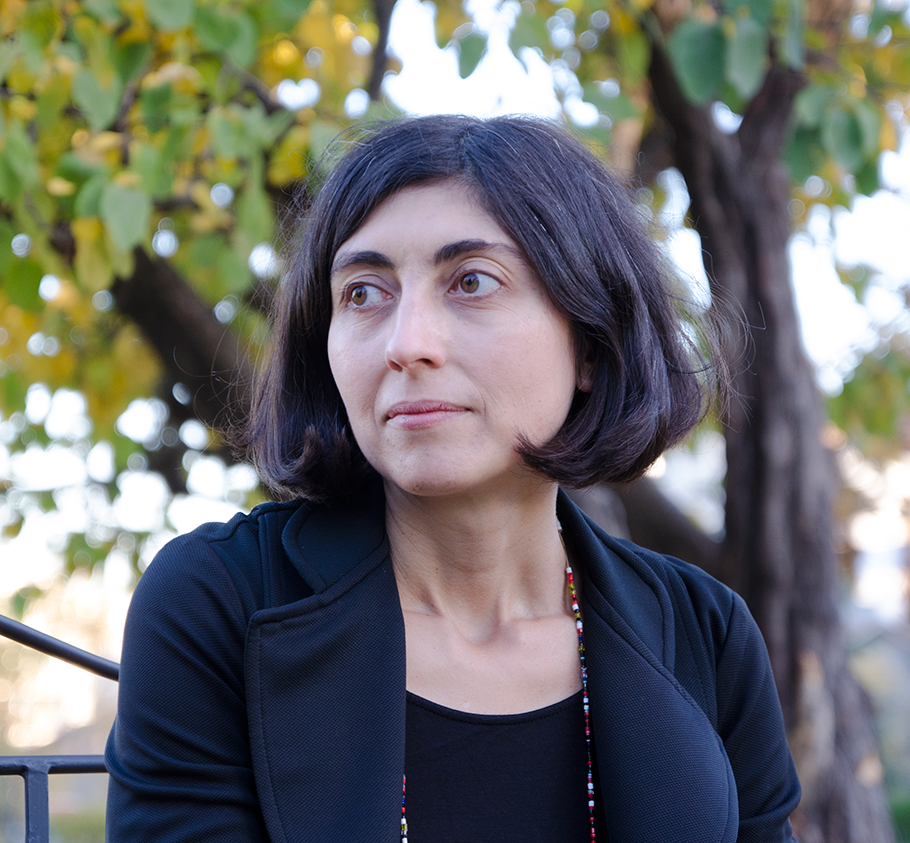
Bilyana Kourtasheva is a literary scholar and associate professor at the New Bulgarian University, Sofia. She is the author of the books On the Edge of Comparison (2018) and Anthologies and Canon: Anthological Models of Bulgarian Literature (2012). Kourtasheva is co-author of the volume Bulgarian Literature as World Literature (2020). She was one of the founders and editors of the Vitamin B experimental literary magazine (1996-1999). Since 2000, she is editor-in-chief of SLEDVA, the NBU journal of humanities and arts.
-
Dubravka Stojanović
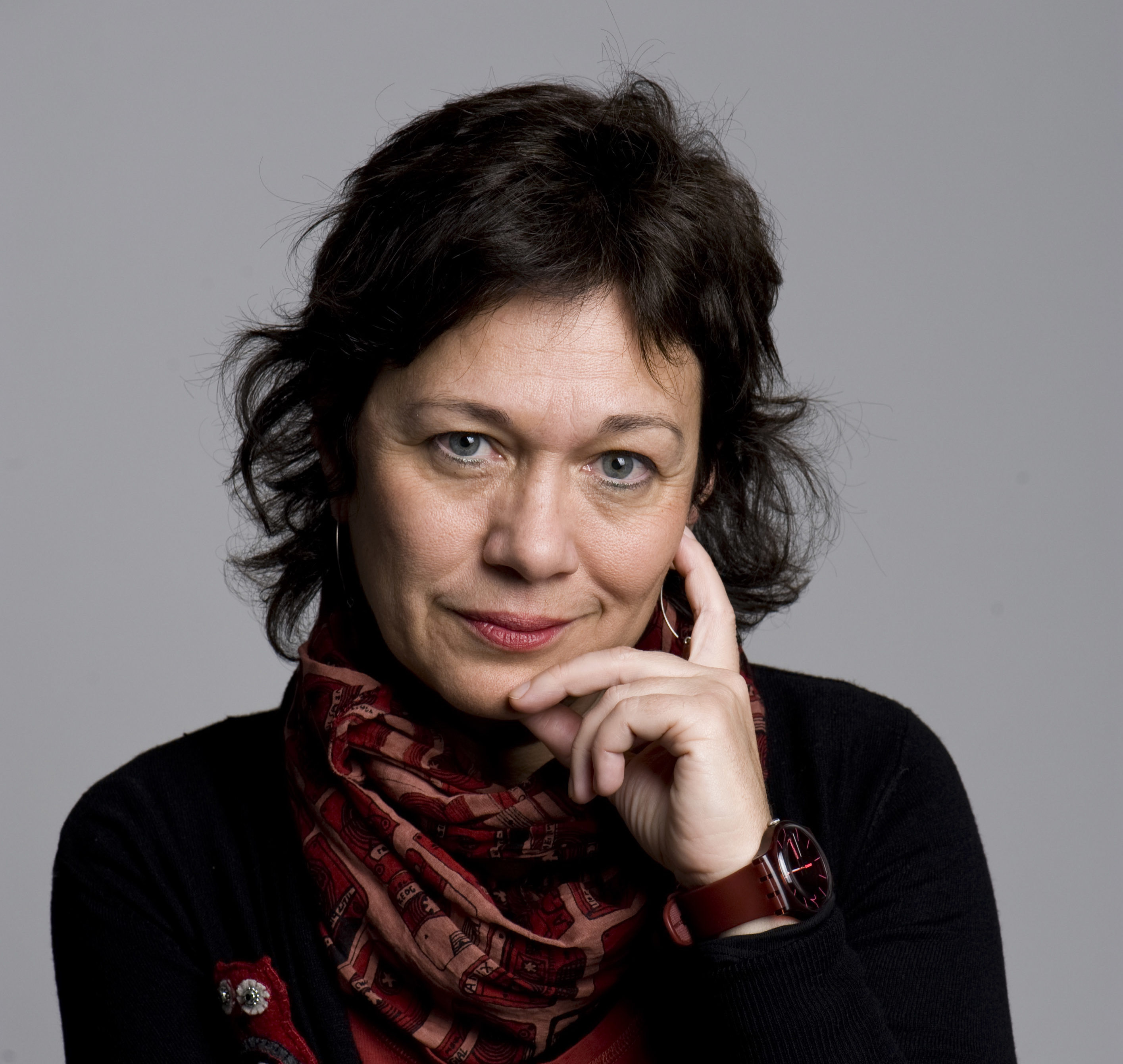
Dubravka Stojanović is a historian and professor at Belgrade University. Her work focuses on democracy in Serbia and the Balkans, the interpretation of history in textbooks, social history, the process of modernisation, and the history of women in Serbia. She is vice-president of the History Education Committee and a consultant to the United Nations, working on issues concerning history, memory, and the misuse of history in education.
-
Kateryna Mishchenko
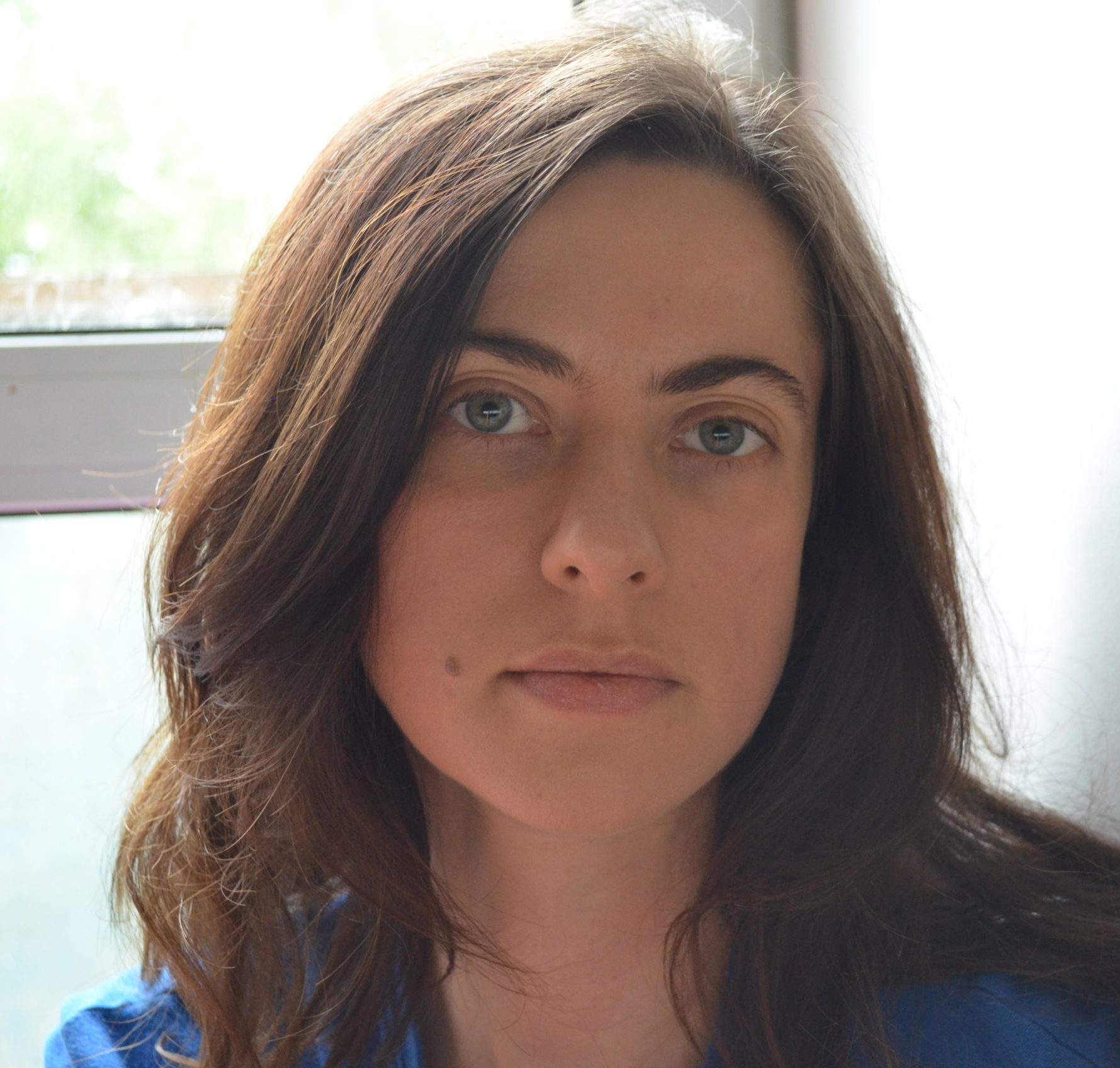
Kateryna Mishchenko is a writer, translator, curator, and co-founder of Medusa, a Ukrainian independent publishing house. She taught literature at the Kyiv National Linguistic University, and has worked as a translator in the human rights field. Her essays have been published in Ukrainian and international anthologies and journals, and in the book Ukrainian Night. Till recently, Mishchenko lived and worked in Kyiv. In 2022 she was a fellow at the Wissenschaftskolleg zu Berlin.
-
Kristof Bender
Laszlo Thier
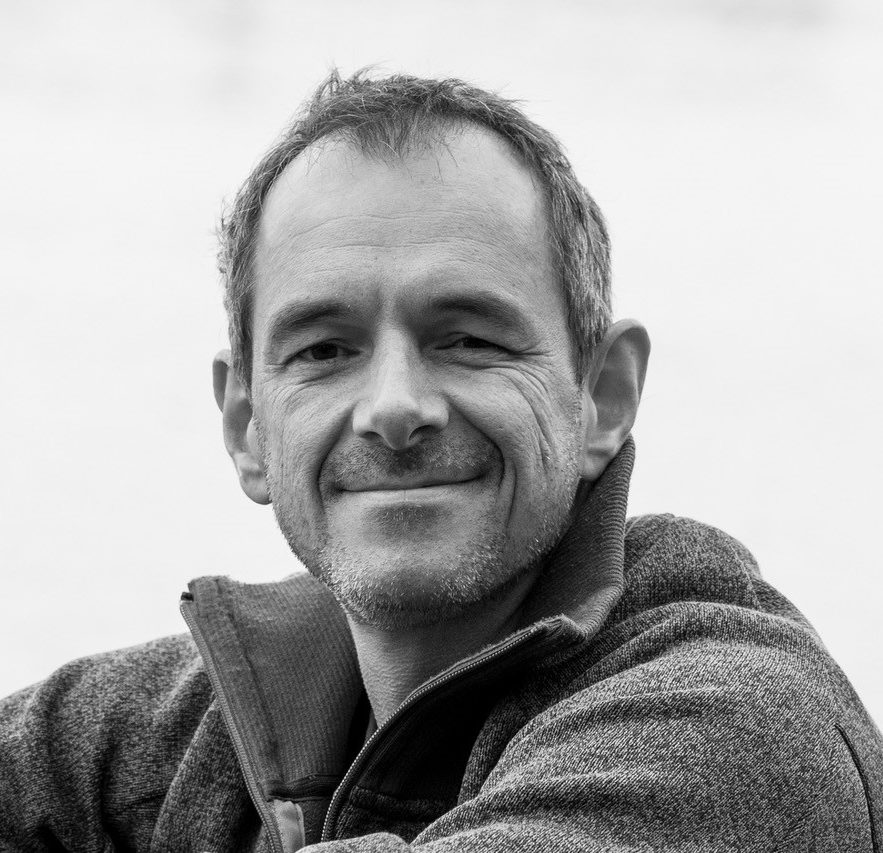
Kristof Bender is Deputy Chairman of the European Stability Initiative (ESI). Educated in sociology in Vienna and Paris, he has worked in South East Europe in various capacities since 1997. Part of the ESI team since early 2000, Kristof has been living in Bosnia and Herzegovina, North Macedonia, Montenegro and Serbia, and is currently based in Vienna. He is currently also a Europe’s Futures Fellow at the Institute for Human Sciences (IWM). You find him at @kristof bender (Twitter) or @kristof@eupolicy.social (Mastodon).
-
Misha Glenny
Klaus Ranger
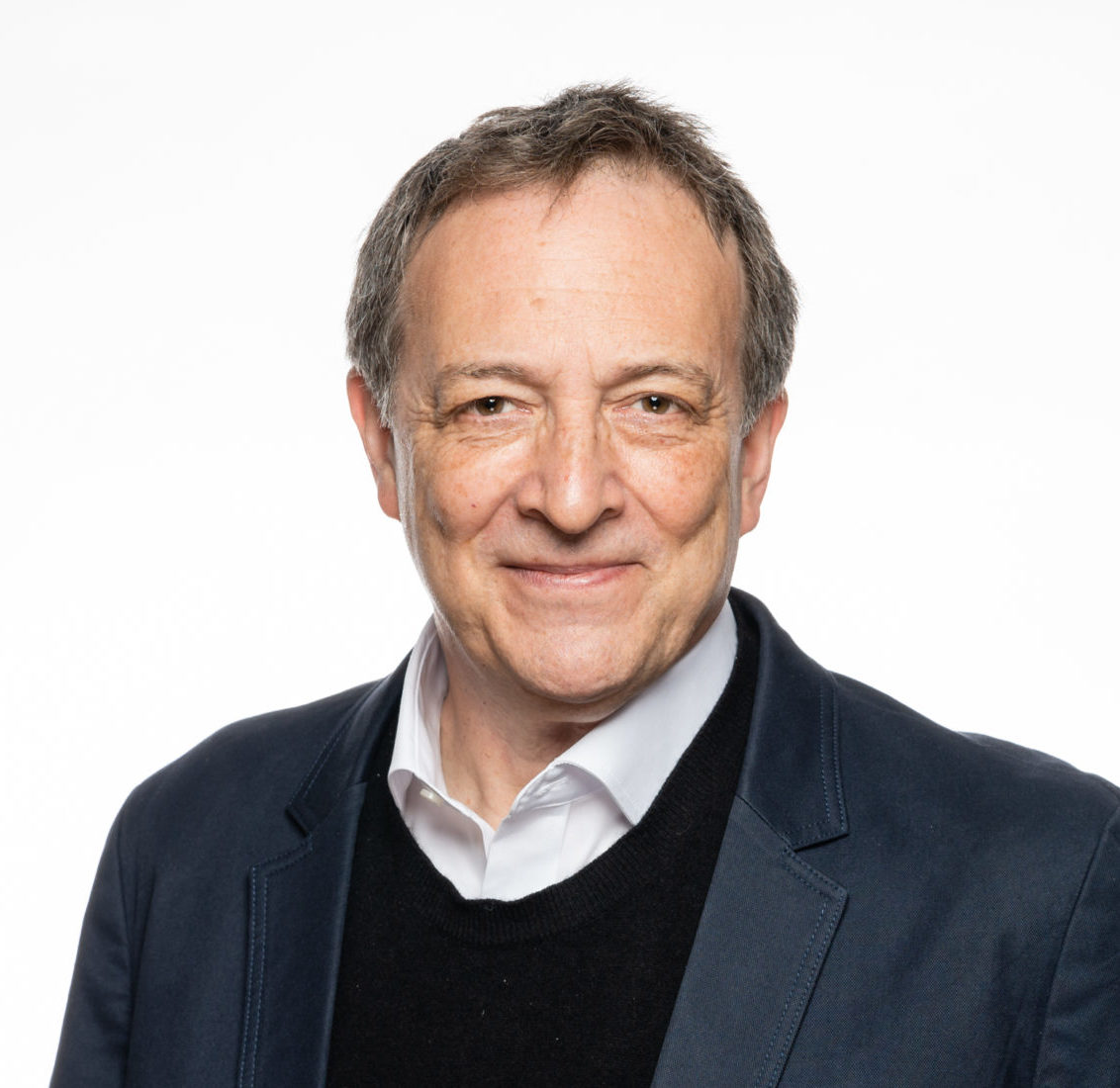
Misha Glenny, Rector of the IWM, is a journalist, author and public intellectual. He covered the 1989 revolutions and wars in Yugoslavia for The Guardian and was the BBC’s Central Europe Correspondent. His publications include accounts of Yugoslavia’s descent into war as well as internationally acclaimed publications on organized crime and cybersecurity.
-
Michael Martens
Frank Roth
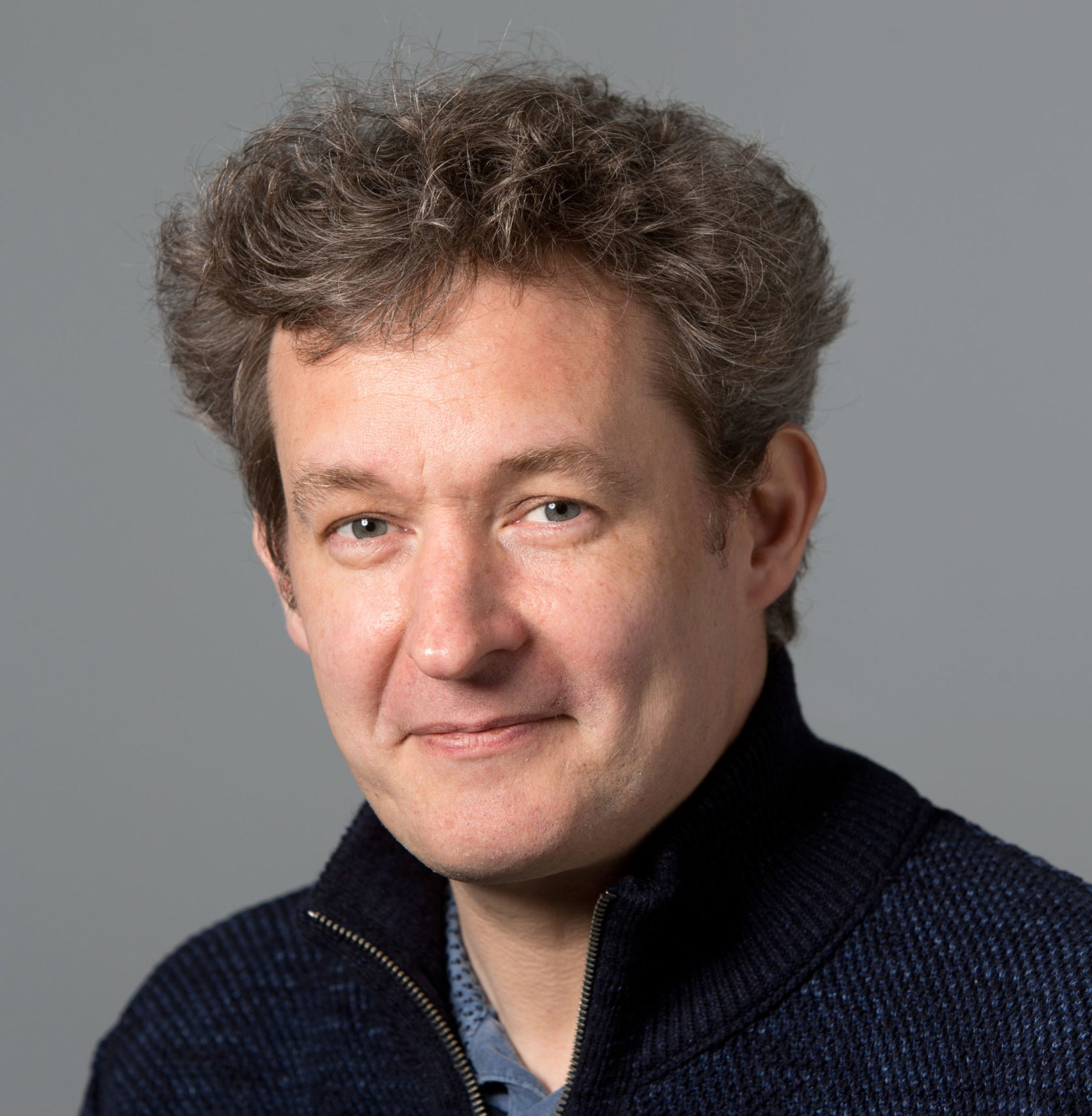
Michael Martens is a journalist and author. He lived from 1995 onwards for several years in Russia, Ukraine, Kyrgyzstan and Kazakhstan, before moving to Belgrade in 2002, where he stayed for seven years. This was followed by another six years in Istanbul and three in Athens. Today Martens lives in Vienna. His publications include Ich werde die Wunde offen halten. Ein Gespräch mit Günter Grass (1999) and Irrfahrten. Ein ostjüdisches Leben (2000). Heldensuche. Die Geschichte des Soldaten, der nicht töten wollte was published in 2011, followed by the biography Im Brand der Welten. Ivo Andrić. Ein europäisches Leben in 2019.
-
Veronica Anghel
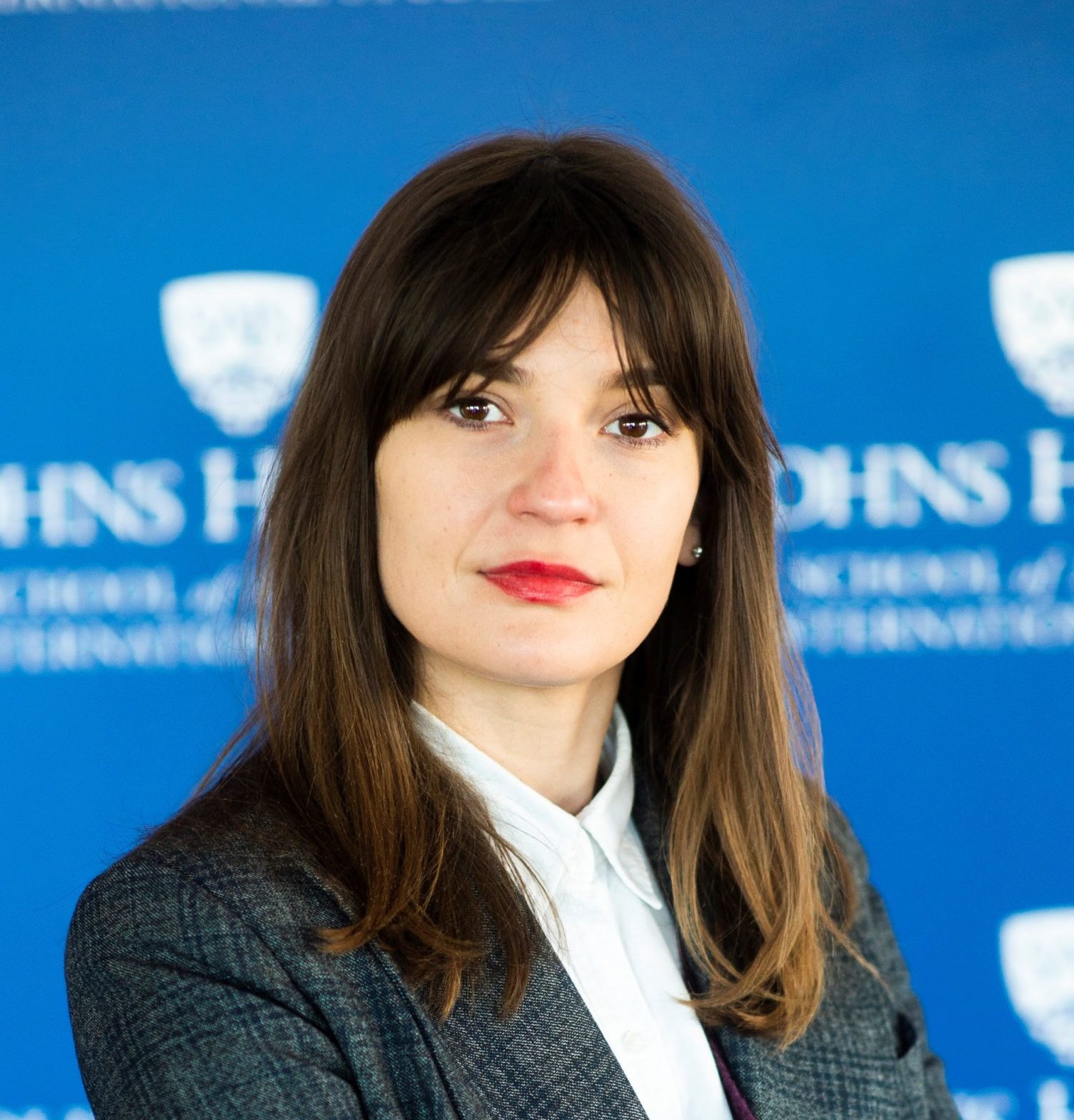
Veronica Anghel is a Lecturer in Risk in International Politics and Economics at the Johns Hopkins School of Advanced International Studies. Her research focuses on European integration and democratic regime building in post-communist Europe. She is currently a Europe’s Futures Fellow at the Institute for Human Sciences in Vienna and a Visiting Fellow at the Robert Schuman Center of the European University Institute in Florence. Anghel was previously a Max Weber Fellow and Assistant Professor in the Political Science Department at EUI. Among others, she has been awarded research fellowships at Stanford University (Fulbright) and the University of Bordeaux. Anghel is the ‘Robert Elgie’ Editorial Fellow for Government & Opposition.
-
Vessela Tcherneva
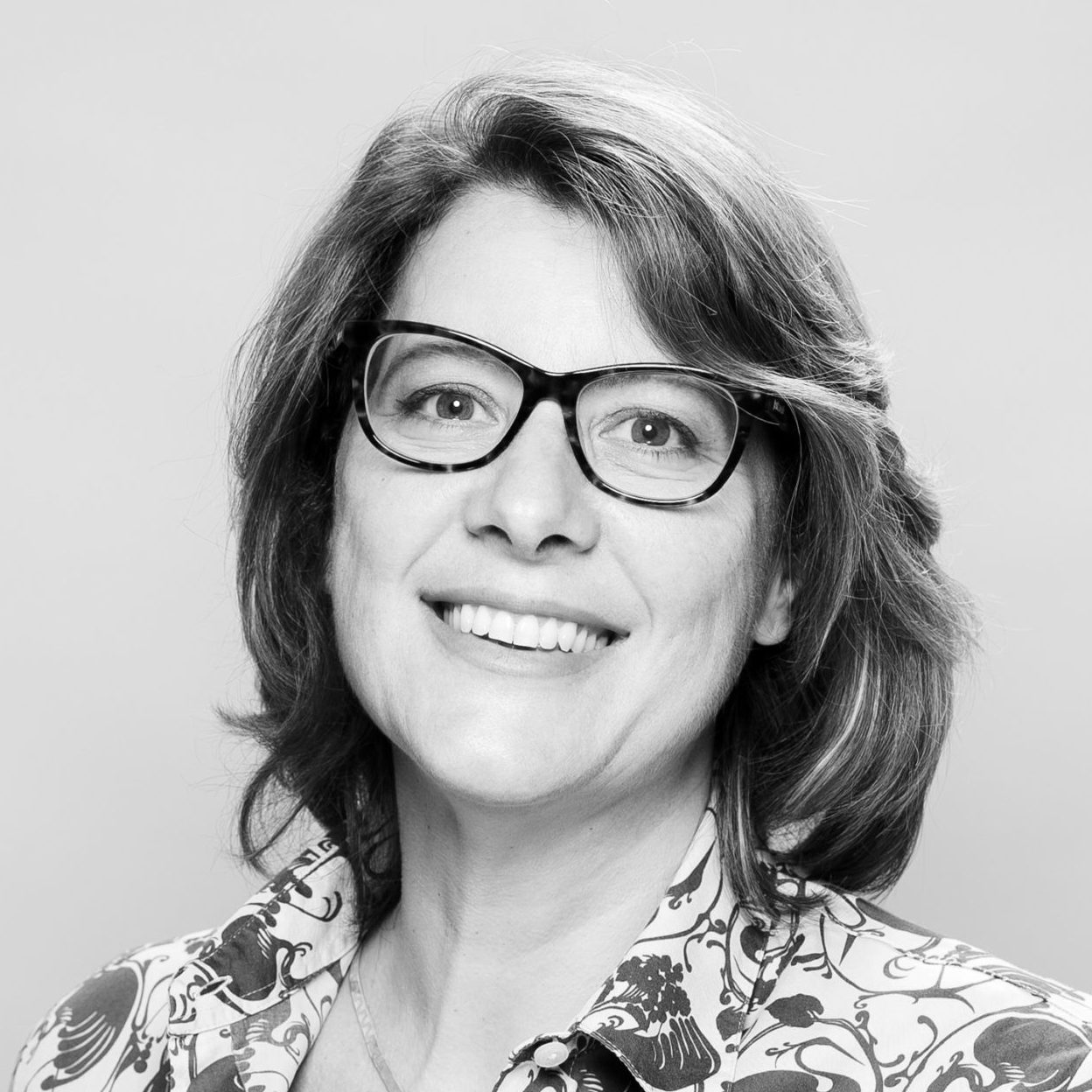
Vessela Tcherneva is the deputy director of the European Council on Foreign Relations and head of the Sofia office. Her topics of focus include EU foreign policy and the Western Balkans and Black Sea region.
Partners
Supported by the Federal Foreign Office
Media Partner
Team
Carl Henrik Fredriksson
Programme Director
Dessy Gavrilova
Programme Advisor
Barbara Anderlič
Project Manager
Lora Fileva
PR
